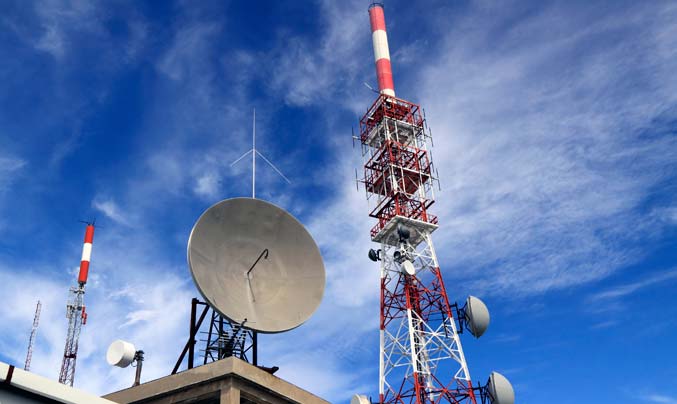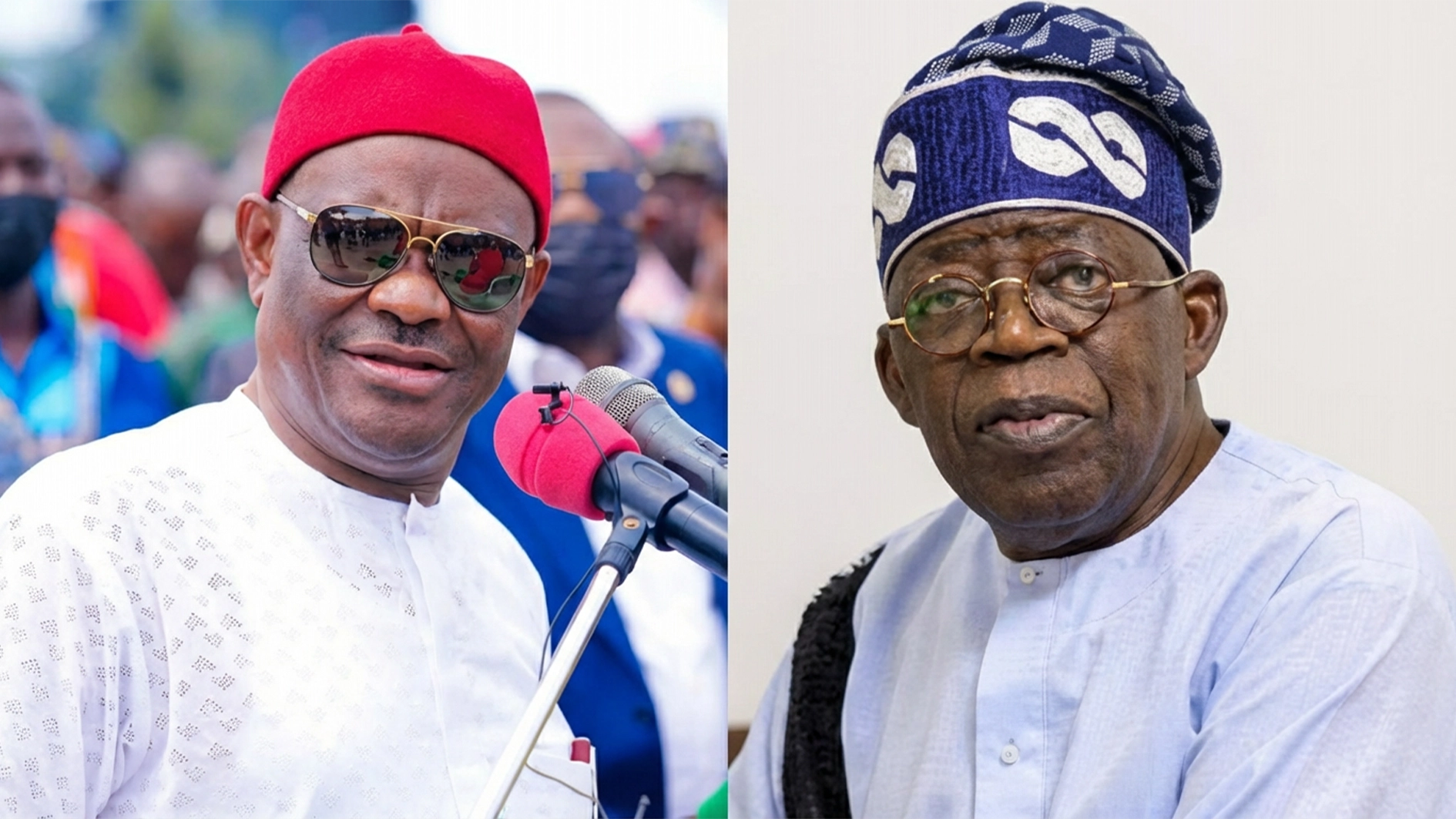
Monopoly is a situation whereby there is a single producer, supplier or seller of a particular good or service. Monopoly can also arise when a producer or supplier offers a product or service which does not have substitutes. It may also arise when a product is not easily available.
Government regulations can also encourage a monopoly when competing players are not allowed into a sector. For example, the defunct Nigerian Telecommunications Limited (NITEL) was the sole provider of telecom services in Nigeria until the Federal Government deregulated the sector in 2001, leading to the award of GSM licences to MTN, Airtel, Globacom, and later Etisalat Nigeria (now 9mobile). Also, the former National Electric Power Authority/Power Holding Company of Nigeria (NEPA/PHCN) was a monopoly until 2005 when the Electric Power Sector Reform (EPSR) Act enabled private sector participation in some aspects of electricity services – especially generation and distribution.
As a lone player in the market, a monopoly dictates the price or availability of its product or service. For example, MultiChoice Nigeria, the local subsidiary of South Africa’s pay-tv company was a monopoly for more than two decades; it consistently increases the prices of its services despite lawsuits filed by subscribers seeking to curb the trend. This year alone, it has raised prices three times. According to Statista, MultiChoice, owners of DStv and Gotv, presently controls 10.23 million, while StarTimes owns 7.81 million market shares respectively. Rival StarTimes – a partnership between the private sector and the Nigerian Television Authority (NTA) – was launched in 2019. Despite this, monopoly still persists in the segment.
Telecom operators provide mobile communication services including voice, data, internet services and other value-adding services that make the transmission or exchange of communication or information between one or more people possible across long distances using modern technology. Monopoly in the telecom industry can occur when a dominant operator owns multiple spectrums, controls the largest subscribers and profits. A monopolistic network operator might grow so big wielding enormous influence and connection within the regulatory and political leadership of a country.
Speaking on the implications of allowing a monopoly in Nigeria’s telecom market, the National President, National Association of Telecommunications Subscribers (NATCOMS), Chief Adeolu Ogunbanjo, stated that a monopoly can impact quality of telecom service provided as it will depend on the whims and caprice of the dominant operator. The services may be poor. The industry will be characterised by poor performance and dissatisfaction, low penetration of wireless services and expensive internet, mobile and telephone services. On the contrary, a competitive and free market ecosystem will lead to high performance and satisfaction, high penetration of wireless services and cheap internet, mobile and telephone services.
Ogunbanjo opposed the recent move by MTN Group to acquire the spectrum of struggling fourth GSM operator, 9mobile, describing it as a potentially-dangerous descent of the nation’s telecom sector into a total monopoly. “We’ve been back and forth on this and I have had cause to put my mouth on this issue…the regulator shouldn’t encourage it at all, they should keep it open,” he stated. He suggested that it would be better for the board of Emerging Market Telecommunications Services (EMTS) – owners of 9mobile, to recapitalise the business rather than selling the network to MTN, which already controls more than half of the telecom market.
His words: “With just about 6% of the market share, they (9mobile) are not doing well. For me, I really do not know why they could not recapitalise and why they want another network to acquire them. The other operator (MTN) will now become the dominant service provider. It’s not going to be tidy for the telecoms sector. In my opinion, it should be discouraged. However, even if the merger and acquisition should be done, the regulator should keep it open. Again, you may want to ask, why can’t Glo and Airtel buy it (9mobile)? At least, I think one is 20 something per cent and the other about 30 something per cent of the market share. The regulator should encourage those ones to come to terms with building their network as well.”
The NATCOMMS boss further stated that in order to build a more resilient telecom industry with fair competition, other MNOs apart from MTN should be allowed to seek funds to acquire 9mobile should the owners consider it as the most viable business decision.
“There are some funds from multilateral finance organisations. If they (other MNOs) apply, it will be granted, because it’s telecoms and we have the market; we’ve got the subscribers base, we’ve got everything. But for 9mobile, they should at least go to town and recapitalise and then come up again and increase their market shares rather than just having a single-digit market share, which is too low to play and dominate in the Nigerian telecoms sector. Perhaps that might be the driving force for the board members to say, ‘look, we are still single-digit market penetration, so why shouldn’t we just sell out? But, in my honest opinion, I oppose selling out. They should rather recapitalise; they shouldn’t sell out. But if they are going to sell out, it should be thrown open back to the NCC and I expect the NCC to do the needful,’’ Ogunbajo stated.
He further warned that MTN’s acquisition of 9mobile would make the South African telco more powerful. “They will be too powerful. They will have bigger control of the market and dictate the direction of things in the sector. In their (MTN) early days they had a lot of funds to play with at a very low-interest rate in the 2000/2001 days. They’ve been favoured in a way because the South African Government is ready to assist them as well, plus the fact that multilateral financial organisations are also ready to fund them because of their success stories. But nonetheless, others should not die or go out of extinction because of one particular network operator. They should be encouraged to compete and thrive,’’ he noted.
The NATCOMMS president also asserted that allowing a dominant player would be a disincentive to the Federal Government’s efforts at attracting foreign investors into the economy, including the telecom sector. “Aside from that, if you look at Multichoice, they have dominated the pay-tv sector in the country, and they have made three increases this year alone to their subscription rate. We don’t want to see that happen in the telecoms sector. No! We don’t. They will be dictating the pace because they have the volume and they control more than 50 per cent market share. And that won’t be tidy for the Nigerian telecoms industry,’’ he observed.
“For instance, I know that some of them have now started deploying the 5G, though China is already looking at the 6th Generation already, but let’s get ours right first. So, it’s good, let them keep exploring other things, but to acquire another MNO’s spectrum is unacceptable. But, if the likes of Airtel and Glo say, look, we don’t have the money, then it is good and fine for a takeover. But, it has to be through the right channel and not the backdoor,’’ the NATCOMMS boss said.
Oluwatosin Agunbiade is a freelance Journalist from Lagos.






